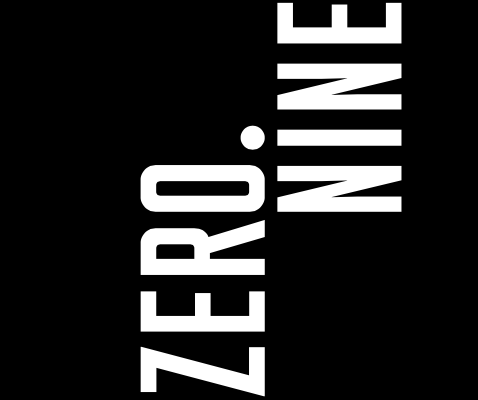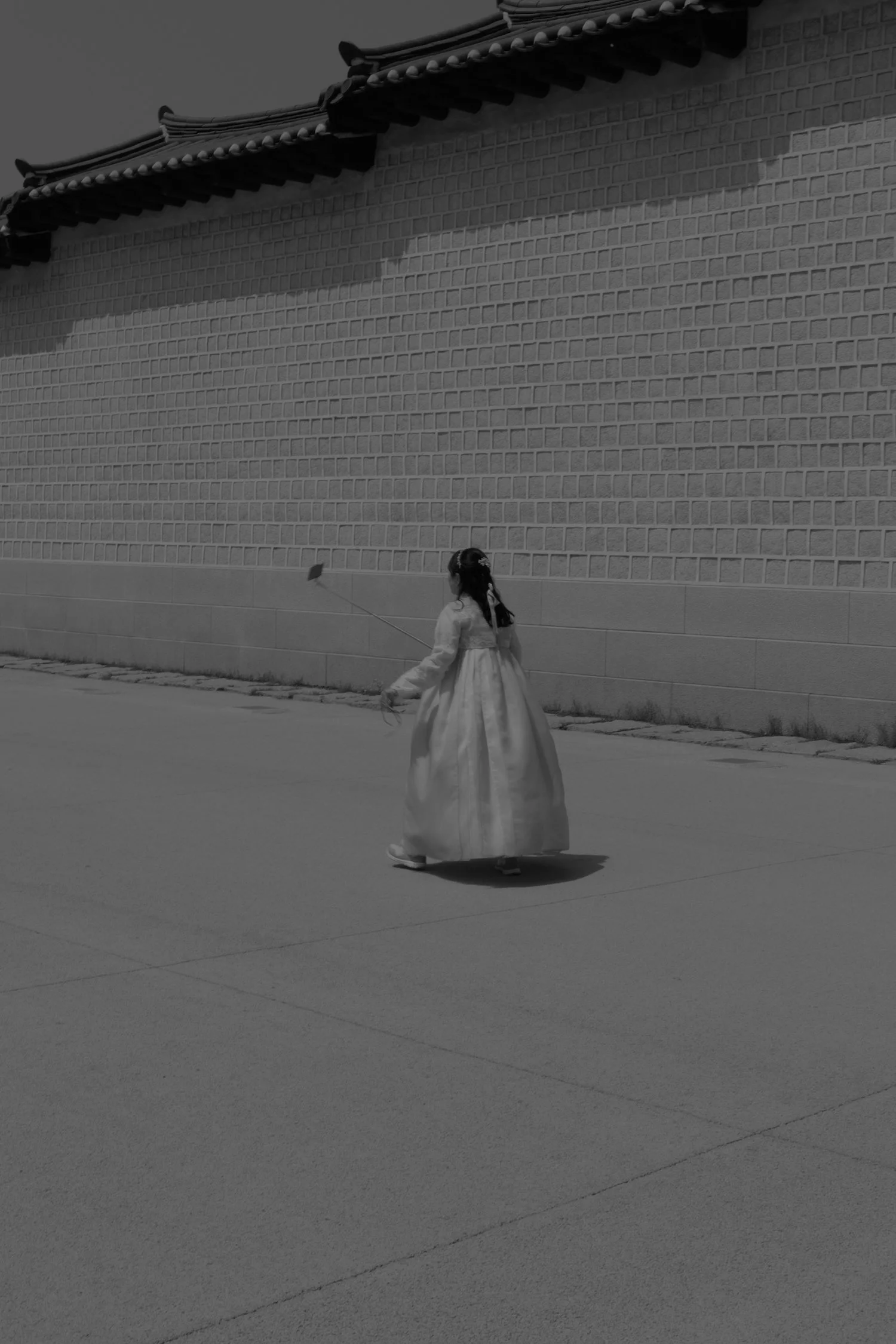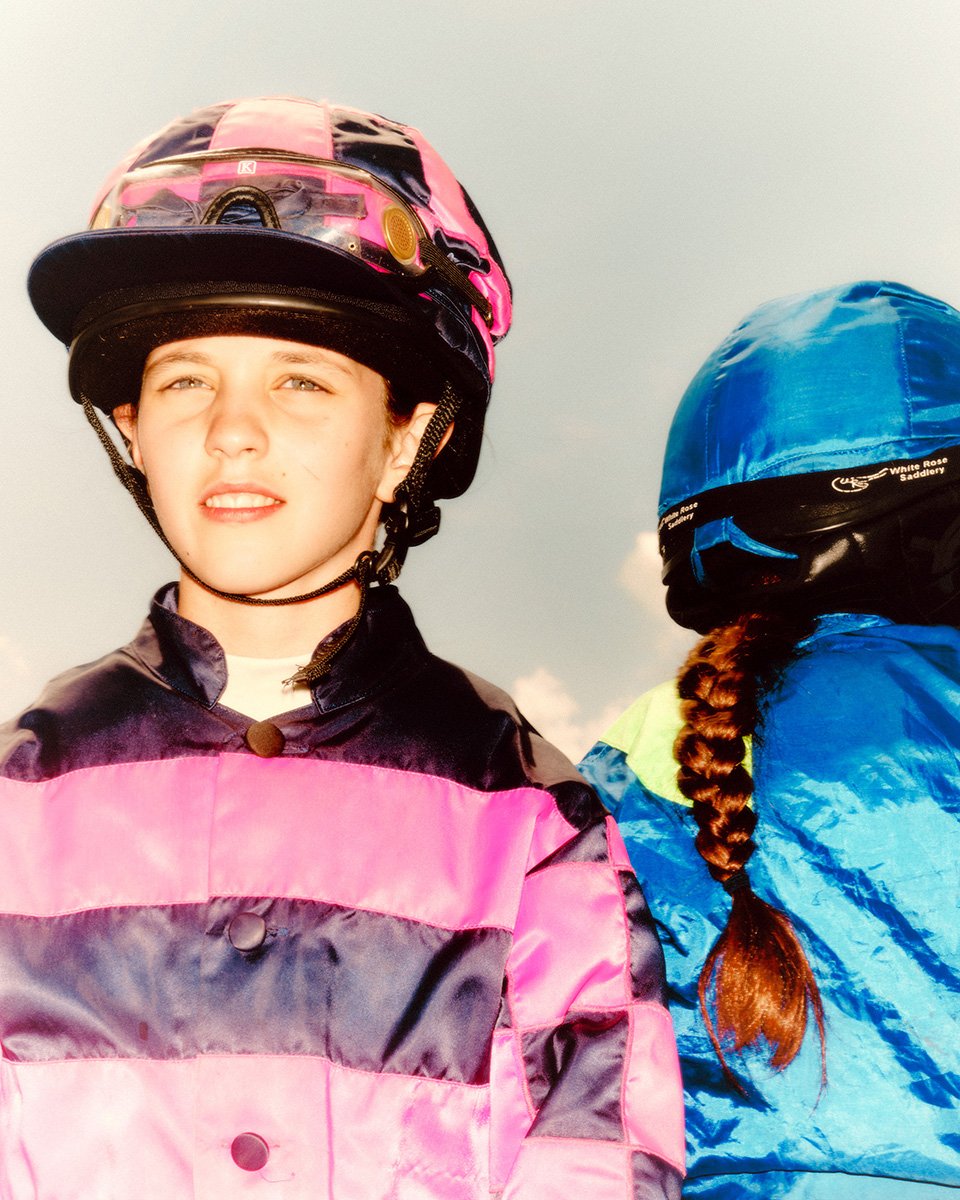Detroit calling
From London to Detroit. We are speaking to Aki Choklat about the global pandemic, his new digital life via Zoom and his new found addiction to sourdough bread.
Images + Words Christian TrippeAki Choklat, photographed remotely from London
Hi Aki, thanks for taking the time to speak to us today! For anyone who hasn’t heard about your work, could you describe what it is that you do and your position at the College for Creative Studies (CCS) in Detroit?
Well, to start, my name is Aki Choklat. I’m best known as being a shoe designer and I’ve also written several books on that subject. My life is currently divided between teaching, designing, and I’m actively writing right now. My main focus right now is teaching because it takes up so much time. I’m Chair of the Fashion Accessories Design department at CCS. That means I run a department that teaches the BFA in Fashion Accessories Design. I also have my own design practice. As part of that, I work as a consultant for different businesses. I have long-term collaborative contracts with companies and I also design my own collections, but I see these more as an artistic practice rather than a commercial endeavour.
How has COVID-19 changed your life and teaching at the college?
Well, like for many others, it was a big shock. It was particularly disappointing for our students who were graduating, as we had invested almost a year and a lot of money into preparing our final catwalk show. We had international events that we were planning on participating in such as the Graduate Fashion Week in London. It was very depressing that we had to cancel everything that was planned. Within a few days, we had to convert all our ways of thinking and working to be digital. This presented some challenges of course, I guess it was an easier transition for me because I had already spent a significant amount of time working in the digital domain. For some of the students, it was harder because a lot of our teaching revolves around making things and that was harder to organise digitally.
“We basically FedEx’ed everyone a sewing machine and the results were absolutely incredible.”
Were the students able to work from home without the appropriate machinery?
Well, the solution for the graduates was that they were actually already pretty well trained. So we sent sewing machines to their homes. We FedEx’ed one machine as far afield as Miami, whereas most of the other students were based locally, but we basically FedEx’ed everyone a sewing machine and the results were absolutely incredible. We recently had the Gucci Chance Maker sponsored exhibition where we showed the work the students created in isolation.
The creative industry without a doubt has been hit especially hard. In particular the fashion industry. Sweat pants sales went up 600%, which I thought was quite funny.
Well, it was Karl Lagerfeld who said “Sweatpants are a sign of defeat. You lost control of your life so you bought some sweatpants.” I think that pretty much sums it up.
Aki Choklat, photographed remotely from London
A lot of people see this time as a time to stop and reflect. Do you think there is anything positive at all to come out of this disruption?
We should really be saying that we need to restart the fashion engine and we have to rethink everything, but to tell the truth, I don’t think things are going to change that much. It’s going to go one of two ways – thinking positively, fashion could be directed more towards ecology and sustainability. Thinking negatively, our world could go back to yet more fucking mayhem with endless shopping and unrestricted consumption. I already can tell that people are more dressed up than they were at the start of the pandemic. Some of our students like to come in for our face-to-face classes and they feel they have a reason to go out and dress up in their best clothes. I have a sense that it’s going to be complete craziness. A bit similar to Christian Dior’s global explosion after the Second World War. He launched his new look right after the Second World War, even though the same silhouette was already around ten years before from Balenciaga, but for them it was the wrong timing. So I feel that people just really want to go out and celebrate but hopefully they do it with a little more conscience and responsibility. I also think there’s going to be a sexual revolution.
Looking forward, post-pandemic and beyond, can you see any major trends emerging from what’s happening at the moment?
I don’t I think that people fully realise all of the intersections in life and that maybe, maybe we can all be quite productive at home. It’s going to have a big influence on travel for sure, and how people travel for work. Business travel is often the number one expense for companies. Your salary for the day, airfare, hotels, meals, drinks, taxis etc. I know how important it is to be face-to-face, especially when you’re working in fashion. Recently, I saw the Rick Owens interview (Polimoda Duets). He’s trying to do everything digitally but in order to produce samples in a factory, you need to need to go and see them in person. I totally get that. But how many meetings have I attended that I now think I could have done via Zoom? I know all the people, I know what they look and smell like and I know what they wear – let’s just get the business out of the way. The other problem I see with this whole Zoom situation is that you have all these meetings but you don’t get any work done during that time. You have to do that afterwards. Overall I do think that plays a really important role in the future.
Your work often has a very innovative spirit and point of view. How can we expect that will have a lasting impact on the way we produce and consume fashion?
Well, I’m in the Michigan Fashion Council, which is a new council we established with the fashion and manufacturing industry in Detroit, because here in Michigan there are more and more smaller companies popping up. I’m in a subcommittee where we are investigating the role of automation and robotics in the fashion industry. There’s huge growth in this area. Even the last cover story of the National Geographic magazine was on robotics and I love robots! So of course, you instantly start thinking, well, robots, they can’t get COVID, so creating more artificial intelligence and robotic enabled environments in fashion totally makes sense.
One of the main reasons companies want to come to Detroit is to help the local economy and give the local population an opportunity to work in a factory. So why do we always have to think that folks can only work on the factory floor? Why not educate the core population from very early on with computer skills and all sorts of programming skills? I really think that automation manufacturing on demand is going to play a huge role in the future. We are also collecting information on all kinds of innovative antiviral and antibacterial fabrics or textiles and materials, for example.
There’s all kinds of exciting things happening at the moment and the fact that we’ve not cared about this up to now is the reason people are really looking into it. For the number one reason that we all want to stay alive!
“A conscientious way of production is something absolutely every company has to think about.”
You mentioned on-demand production. A lot of companies recently focus on zero-waste production and being more sustainable. Is this trend going to continue?
I think it’s not a trend anymore – it’s a corporate responsibility. A conscientious way of production is something absolutely every company has to think about. So of course, then you start thinking do you really need another Prada x Adidas Superstar that’s exactly the same as the one before. The only difference is the stamp of the logo.
On-demand is really interesting because non-fashion people will say, ‘Oh, yeah, that’s the solution!’ but when you actually work in the industry, it’s more complicated because you still need to have the raw materials in stock. With this solution at least there’s not that sort of crazy amount of stuff produced that doesn’t sell and then it goes nowhere or off to be burnt. I’m investigating on-demand for footwear because we are planning on opening a little manufacturing unit in Detroit. If you do it really well and thoughtfully and you have the sort of a core client that is willing to wait a little longer, then it’s absolutely possible. There is also a fine line between on-demand and made-to-order which is not always the same.
I bought the Telfar bag because I wanted to support a black-owned US fashion brand. I’m not going to get it until January but that’s absolutely fine. Sometimes you just have to wait for stuff.
Aki Choklat, photographed remotely from London
Besides teaching at CCS, are there any personal projects you are currently working on and can tell us about?
I was supposed to have a ‘Futurespective’ at Pitti Uomo in Florence. But of course this year everything was cancelled. We are hoping to redo it during the next edition of Pitti Uomo in June next year. It is a collection of some of my key pieces. I was invited by a really great gallery in Florence to do this exhibition. I’m also doing a couple of new projects with a high-end craft company there. They work with all the couture houses and they are creating the pieces for me. So it’s a kind of transatlantic collaboration where I’m doing part of the pieces here in Detroit and the other part will be finished in Florence.
What’s the first thing you are going to do once the vaccine is out?
I’m going to take it and I’m going on a trip to Europe.
Any new skills you have acquired during lockdown?
One thing I learned about myself is that I get bored so easily. I cannot stand doing nothing all day. The first thing I started was to draw using inks. My friend and colleague Don Kilpatrick set me up with these super expensive ink brushes made from sable so I went inking crazy.
After I was done with that I started to crochet more. I already knew how to crochet but I started to do more complicated things. But ultimately, oh my god, sourdough bread! I am obsessed. I think I need to go to rehab or something.
So no low carb diet for you then?
Actually, if you use 100% sprouted wheat, there’s far less carbs in it. I did three loaves and they were all a disaster because you have to get the whole chemistry right to make it work. But today I had an aha moment. So I’m gonna try it again. There’s this weird correlation between being shoe maker and a baker. All the gadgets and all the specialty tools you use play a really major role. And everybody has their own way of doing it. It can be an utter disaster and you never know until you open the oven.
Before you go last question. If 2020 would be a shoe, what would it be?
Oh my god. It would be a Croc with horrible mutations – a cowboy boot Croc
Hahaha. We are done. Thank you so much Aki!
Thank you. It was great to speak to you again. Speak soon!
Aki Choklat, photographed remotely from London















